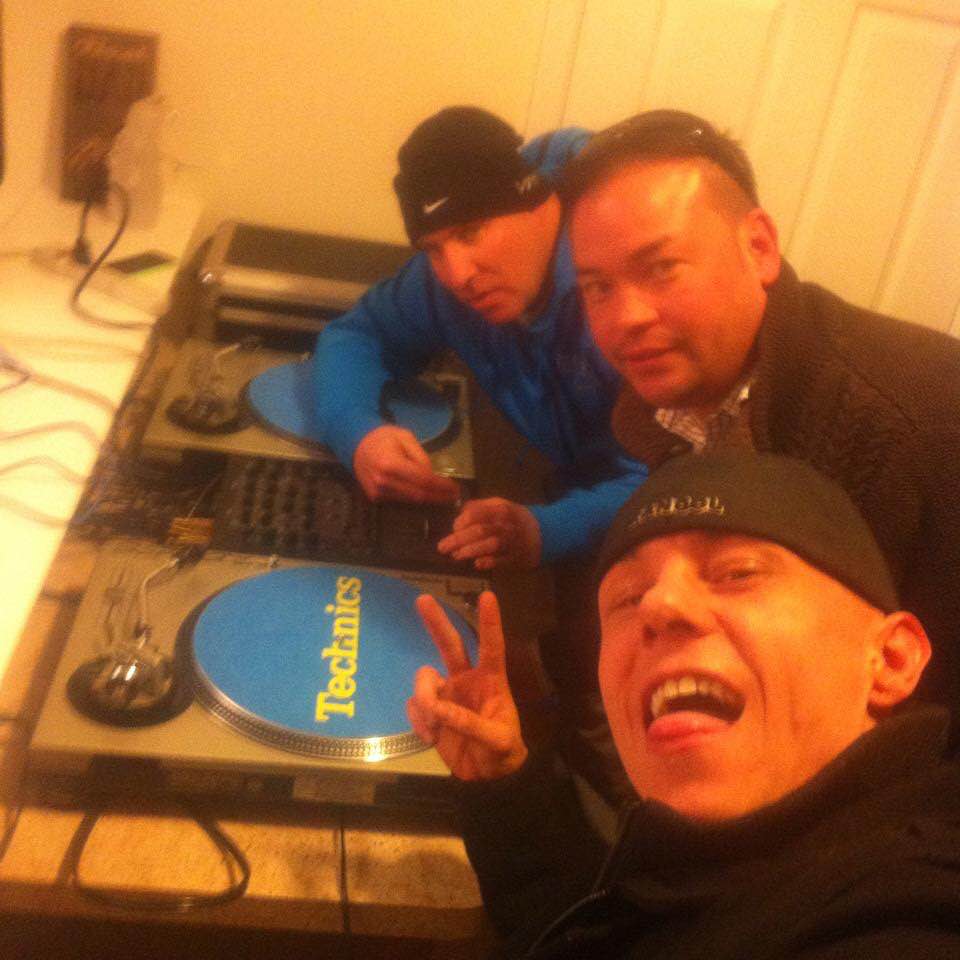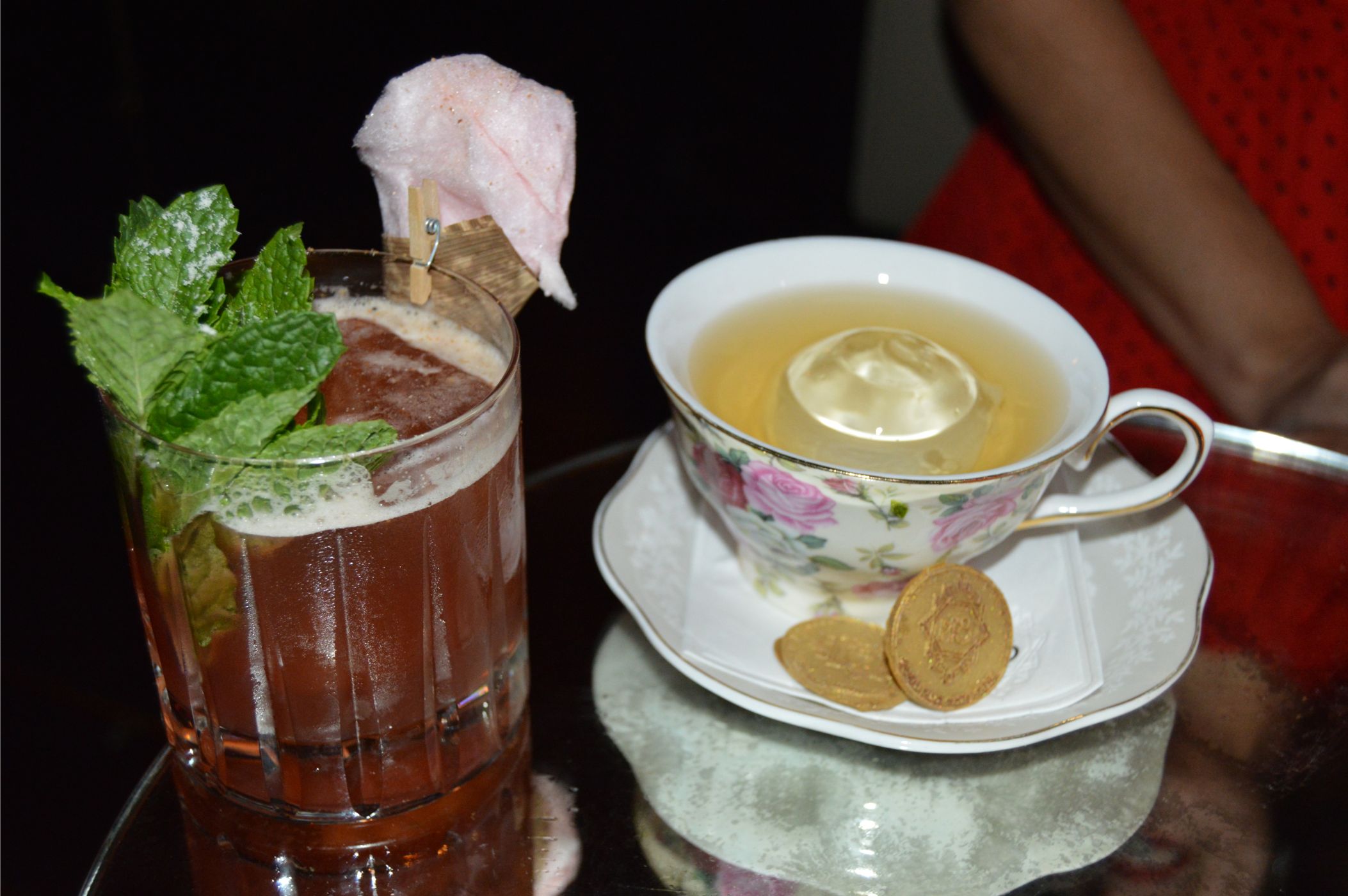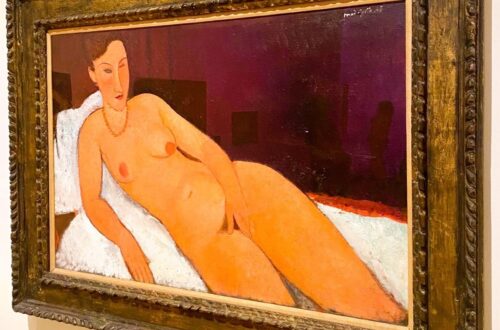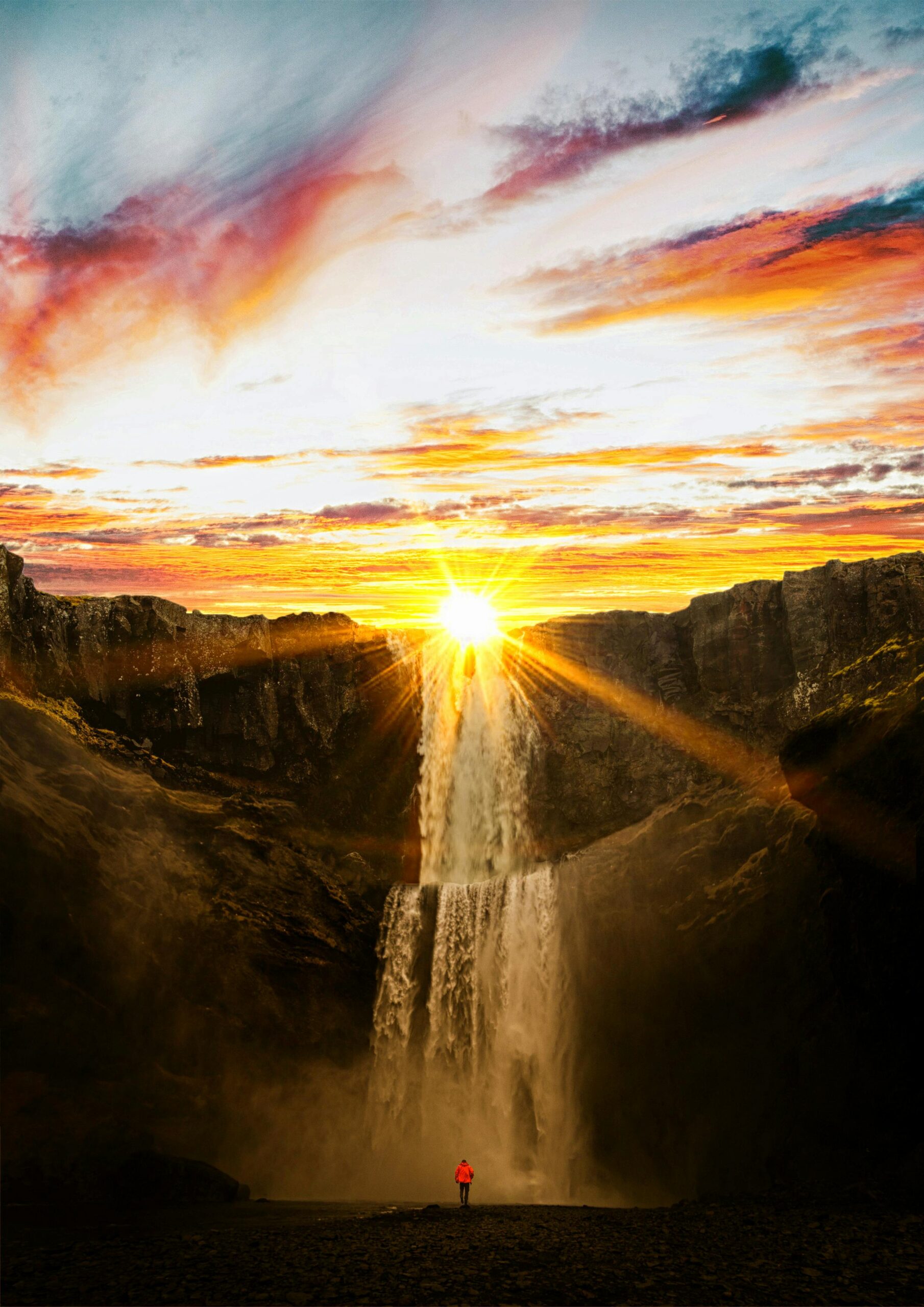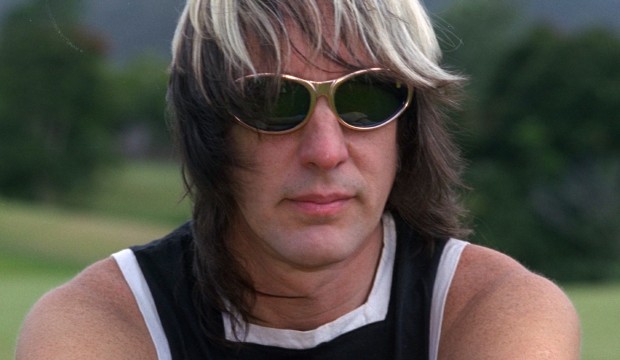
Todd Rundgren To Perform At Golden Nugget Atlantic City – Talks Rock and Roll Hall of Fame, The Oscars, Utopia

OFFICIAL RELEASE: Todd Rundgren – is an American multi-instrumentalist, songwriter, and record producer. His career has produced a diverse and eclectic range of recordings often both as a solo artist and as a member of the band Utopia. Rundgren has often been at the forefront as a promoter of cutting edge recording technologies.
His best-known songs include the 1972 singles “Hello It’s Me” and “I Saw the Light”, which have heavy rotation on classic rock radio stations, and the 1983 single “Bang the Drum All Day”, which is featured in many sports arenas, commercials and movie trailers. Although lesser known, “Couldn’t I Just Tell You” has had a major influence on artists in the power pop musical genre.
WHAT: TODD RUNDGREN
WHERE: THE GOLDEN NUGGET ATLANTIC CITY
WHEN: SATURDAY FEBRUARY 6, 2016
TIME: 9:00pm
Check out our interview here:
WHITNEY: Todd, we are so excited to see you perform at Golden Nugget Atlantic City. Talk to us about what fans can expect for this performance.
TODD: Sure. Well, this is a little bit more conventional in terms of how we’re presenting the show. We don’t have a giant truck full of lights, like we had the last time we went out. It’s pretty much my usual bands, Prairie Prince, Kasim Sulton, Jesse Gress and John Ferenzik.
We play, essentially, a different show every night. We’ve got a master list of about 50 songs, and then right before the show, I come up with a setlist. That keeps us on our toes, but it also makes it possible for people in the audience to hear things that they might not normally have heard, or things that they’ve wanted to hear, but that we haven’t played recently. And at the same time, keep us kind of entertained.
Fans want to know what your favorite album was as a Producer, as well as your favorite song is to perform.
TODD: Yeah, people want to know all kinds of absolutes. It’s always difficult for me. I’ve made so many records, and they’re all, in some way, a lot different from each other, both in terms of the musical content and the impact that they had. You would expect me to say something like Meatloaf, because it made the most money…Well, that’s the one that made the most money, but it wasn’t necessarily the one that I was most personally invested in. It may have been “Skylarking”, with XTC, which turned out to be a great record for them, and not such a bad record for me, but the experience of making it was horrible…There are pluses and minuses in just about every project that you get involved in. You know?
Yeah I understand. So how about your favorite song to perform?
TODD: Well, like I say, the kind of show that we’re doing now, we have this master list, and we pull different songs from it every night, and that is to keep all of those songs somewhat more interesting to play. The problem is, if you play the song too much, then it kind of loses its charm for you…You start to go on autopilot every time you’re doing it… Anything that starts out being your favorite, you play it too long, and then it sort of fades.
That’s a fair answer. Now a lot of people say that one of your best songs is “Hello, it’s Me.” Can you tell us the motivation about writing that song?
TODD: Well, it was the first song I ever wrote…When I was like 18 years old, well I might have been just turned 19. I realized that my musical ambitions, and the band that I was putting together, and our musical ambitions were limited unless we started writing our own material… I just sat down and essentially forced out the first song that I ever wrote, which turned out to be “Hello, it’s Me.” … The very first version of it was, of course, on the B-side of “Open My Eyes”, The Nazz’s first single. I wasn’t even the singer on it… I didn’t sing it until several years later, when I was doing my third solo album… Since then, I’ve done the song in probably 5 different versions, just to keep it interesting for me…We continue to do this song. This particular tour, when we do it, we do it kind of literally, the way people expect it, just to get them off my back… Some day I’m going to be playing it pretty weird again.
Did you ever work or have a run-in with David Bowie?
TODD: We ran into each other, yeah. A couple of times in the 70s. We never sort of communicated much. He’d spend an evening in Max’s Kansas City Backroom, when he was on his first tour… Aside from that, no, I have not really communicated, nothing would qualify as a friendship, you know? Just sort of a passing association. I don’t have any real insights about him.
How about with the band, Utopia? Any reunion in the works? And People want to know what your definition of utopia?
TODD: My definition of utopia. When we put the band together, we wanted a very sort of, or at least I wanted some sort of new age-y, hopeful, shiny bright, kind of approach, which is how we started out. The name of the band was not so much about a place, or something like that, but it was more about, I guess, the musical utopia. That ideal situation for everyone who was in the band so they can have an opportunity to express themselves, and to play with a certain kind of emphasis on the musicality of it, as opposed to just making it a typical rock song, lots of bar chords and things like that…This was the age of fusion, when we first put the band together, and the idea of a utopia, or some sort of ideal state or situation, wasn’t an uncommon sort of theme at the time… I guess that we felt that we were kind of contemporary with bands like Yes, and to a certain degree, early Genesis, and of course, the fusion bands like Return to Forever and Mahavishnu Orchestra and that sort of thing…You know, it had a certain necessary pomposity… As a name, that’s how it works out. As a concept, it’s far more difficult to realize… When you take sort of a limited situation, like a small group of musicians, you can occasionally create that sort of utopian feeling, but it’s much more difficult when you’re calling on the world at large to get into the mood.
Do you have any upcoming visits to Daryl’s House Club?
TODD: It’s a great show that I hope will one day to return to. Right now, I think he’s moved the venue to somewhere else… I know he’s playing a couple of shows at the Borgata under the title of Daryl’s House. I did one of them, actually… Yeah, the concept has gotten a little bit broader. I heard he’s opening up a restaurant or something… All of this leveraged on the back of “Live from Daryl’s House.” … Which was originally a way for him to stay active while he was recovering from Lyme’s Disease… He got bit by a tick in Connecticut or something… It’s a notoriously long recovery for him from something like that. This was a way for him to stay musically active, without being on the road.
I know this is definitely a sore subject, but what are your thoughts about not being in the Rock & Roll Hall of Fame?
TODD: It’s not something I ever took seriously. I kind of know what these things are. It’s essentially a way to sell records, and to add longevity to people’s careers. People get really upset about who does and doesn’t get nominated for an Oscar, but the real value of an Oscar, aside from whatever bragging rights you get, is the fact that if the movie gets nominated for an Oscar, people go out to the movies to see it again. That’s probably the most important part, you know, is getting as much return as you possibly can on your investment. The Rock Hall of Fame was always something like that the labels would love, because anytime somebody gets nominated, they get a big bump in their sales... I don’t keep that sort of stuff in my forebrain when I’m working on music… It was never sort of important to me… The experience of listening to the music is what’s important. The Hall of Fame stuff really is, to my mind, just a way to kind of try to move more product.
Since we are talking The Oscars, there’s a lot of controversy right now about not having enough diversity. Do you have an opinion on that?
TODD: I have no opinion, but if we’re talking about the Oscars, it seems like it just changes year by year… It seemed like, a couple of years ago, it was the years that almost everybody that took home an Oscar was black, or associated with “12 Years a Slave”, or something like that. Then, a year where somebody doesn’t get nominated, and everybody gets upset.. I think it’s a temporal thing. It changes. Spike Lee’s upset because his movie didn’t get nominated for anything, so what’s he got to lose on boycotting? He’s not up for an award anyway.
What’s something in the news you are passionate about?
TODD: Let me see. Yeah, self driving automobiles… I don’t like to drive at all, so yeah, if I could get one and have it drive me around, then I wouldn’t have to worry about it, that would be cool. Otherwise, I have to find someone to drive me… I know how to drive, I just hate it…I’m totally down with the Uber concept, because somebody who’s essentially a professional driver, and I have always believed that only professional drivers should drive. If you want to drive for, quote, “fun”, go to a track somewhere so you don’t endanger anybody.
What are you plans after the tour?
TODD: At the end of this tour, I’m going to Holland to do a revival of the musical I wrote for the public theater called, “Up Against It,” and that’ll be with full orchestra and chorus, which is the first time, and probably the last time, that will happen… That’s always fun. It’s the third time that I’ll be performing with an orchestra in Holland… I enjoy the change of pace that it represents, and also it’s pretty thrilling to hear your music played by a full orchestra… I’m looking forward to that, and then I’m looking forward to a couple of months off.
